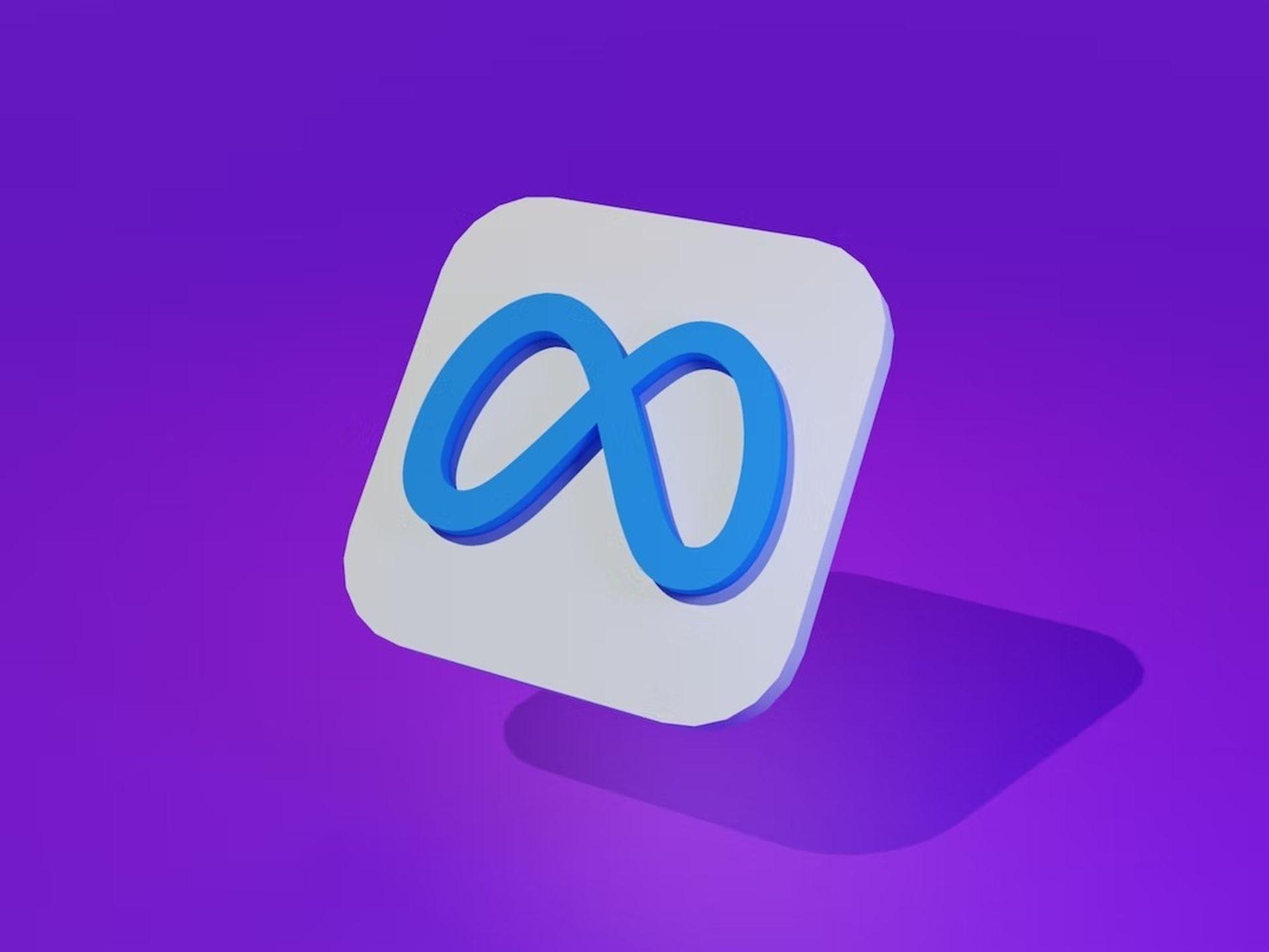- A speech-to-speech translation AI that can instantly translate spoken conversations between two languages was developed by Facebook’s parent company, Meta.
- In a recent video, Meta demonstrated how the program translates between Hokkien and other languages using artificial intelligence (AI).
- The unusual thing about the Meta project is that the development team could not give the AI system a sizable amount of material in that language because Hokkien is primarily spoken rather than written.
- The company claims that its AI developers want to create speech-to-speech translation systems that will function with most languages spoken worldwide.
- Within our lifetimes, according to Zuckerberg, artificial intelligence will enable us to communicate with anyone in any language.
The parent company of Facebook, Meta, has created a digital tool that can instantly translate spoken conversations between two languages. In a recent video, Meta showed off the speech-to-speech translation AI’s ability to translate between English and Hokkien.
What can this speech-to-speech translation AI do?
Mark Zuckerberg, the CEO of Meta, explains in the video why the project needed unique, innovative development techniques. This is due to Hokkien being mostly spoken. There isn’t a common written form for it.

AI models are often trained on massive quantities of written material in the target languages by the creators of translation systems. To help the system create the most accurate answers, developers provide it with various language samples and combinations. Systems that use AI to enable translation have generally advanced significantly in recent years. Getting translation assistance online or by smartphone is now simpler than ever and will improve global communication.
However, one issue with such systems is that the translation process itself causes delays. For instance, the words are first transformed into text and then translated by an AI system when the system records spoken voice. The translated words are then re-spoken so that they may be understood. The peculiar aspect of the Meta project is that the development team was unable to provide the speech-to-speech translation AI system with a significant volume of Hokkien language material.
Hokkien is a dialect of Chinese. Millions of people in the Fujian province in southeast China speak it. Additionally, it is widely spoken in Taiwan and in some areas of Malaysia, Singapore, and the Philippines. Typically, families pass down their language throughout the generations.

According to Meta, Hokkien is one of almost 3,500 living languages that are mostly spoken but do not have a common writing system. According to the corporation, its AI engineers hope to produce speech-to-speech translation technologies that will work with most of the world’s languages. Two new AI initiatives were introduced by Meta earlier this year. No Language Left Behind is one of them. In a video, Zuckerberg said that the project aims to develop translation tools for “hundreds” of different languages.
EU’s Artificial Intelligence Act: Does regulation counteract innovation?
The Universal Speech Translator is the other. The business stated that the project’s objective is to create a system that can provide “speech-to-speech translation across all languages.” The most recent Hokkien-related Meta system was created as a part of the company’s Universal Speech Translator project. According to Zuckerberg, artificial intelligence will allow us to speak with anyone in any language “within our lifetimes.” This new speech-to-speech translation AI seems to be a big step toward this endeavor.

The new system for translating between Hokkien and English was developed, according to Meta, using a variety of techniques. The researchers used written text samples from Mandarin, a different kind of Chinese related to Hokkien, to train its speech-to-speech translation AI model. Additionally, Meta’s creators made use of an encoding tool made for contrasting spoken Hokkien with comparable English text. To ensure that the outcomes were accurate, the team extensively collaborated with Hokkien speakers.
New artificial intelligence can diagnose a patient using their speech
In the future, Meta plans to develop speech-to-speech translation systems for a large number of other languages using the same techniques employed for Hokkien. Hokkien translation model, according to the business, “is still a work in progress.” It was mentioned that the algorithm could only translate one whole sentence at a time at the moment.






